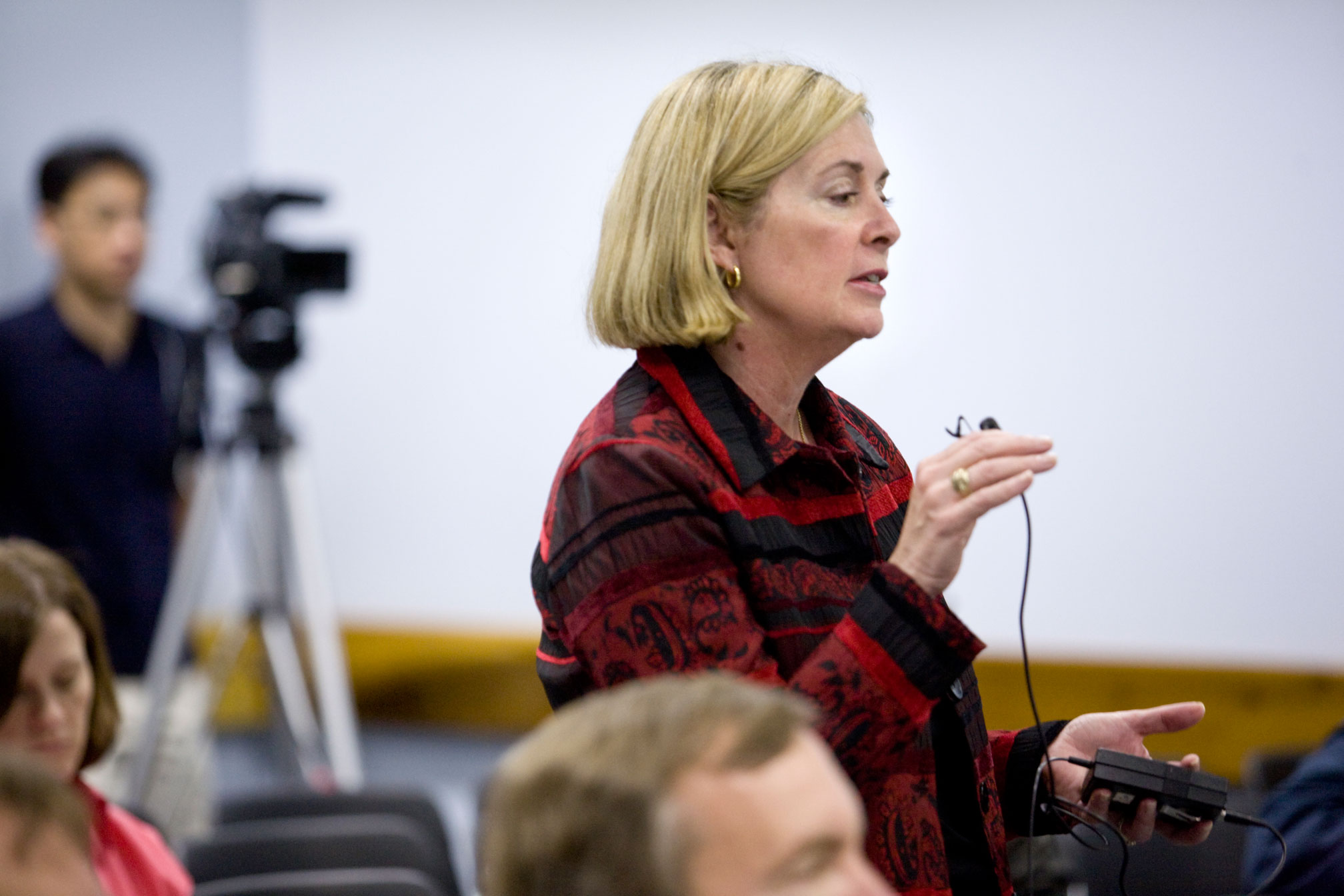Despite being academically capable, more than half of students in doctoral programs across the country do not complete their degrees, and the UGA Graduate School is doing something about it. Following a unique, two-and-a-half-year project on completion rates of doctoral students, particularly those among minorities and women, UGA recently brought together faculty from partnering institutions for a conference to share findings and collaborate on ways to improve doctoral graduation rates.
The conference, held Feb. 4-6 at the Georgia Center for Continuing Education Conference Center and Hotel, was entitled “Taking Action to Optimize Doctoral Completion at the Program Level.” It served as a central forum for UGA, the University of Florida and North Carolina State University to report research collected during their joint project, in which UGA served as lead institution.
“This is a critically important issue, and I want to commend our Graduate School for its excellent work with partner institutions to research viable solutions to improve doctoral degree completion rates,” said Provost Arnett C. Mace Jr. “I especially want to thank the faculty at all three institutions who devoted their energies to this project.”
Funded by a $200,000 grant awarded in November 2004 by the Council of Graduate Schools, the study was part of the CGS Ph.D. Completion Project, a national initiative aimed at increasing completion of doctoral programs and providing practical models that can be used by graduate schools across the country to retain graduate students.
“When students fail to complete doctoral programs, the students pay financially and emotionally, and we all miss out on the research contributions they could have made to our society,” said Maureen Grasso, dean of the UGA Graduate School. “In today’s global market, a highly trained workforce is critical to our national economy, so helping these students succeed helps us all.”
Attrition from Ph.D. programs across the nation currently averages 50-60 percent, yet very little research has been conducted to address doctoral completion.
The UGA, UF and NCSU project was based on a theoretical framework identifying conditions necessary for success in doctoral programs. The conditions included applicant expectations, departmental admissions criteria, student support systems within a program and faculty relationships with students.
A total of 37 programs in the science, technology, engineering and mathematics (or STEM) disciplines, as well as humanities and social sciences, participated in the project. Administrators at the three institutions and CGS expect the study to serve not only as a benchmark for future inquiry, but also as a starting point for immediate change.
Tom Valentine, associate professor in the UGA department of lifelong education, administration and policy and research project director for the study, agreed.
“A very real strength of this project was the close working relationship that developed among the participating universities,” he said. “Faculty from the doctoral programs were able to share ideas for improvement that ultimately will benefit students and faculty across the country.”
“The University of Georgia and its partners in this project have established themselves as clear national leaders on the important issue of Ph.D. completion,” said Daniel Denecke, director of the CGS Ph.D. Completion Project. “Our ability to see that the qualified students we admit to doctoral study succeed will determine the long-term achievement of our state, regional and national education and research goals.”
As part of the project, the Graduate School created a Web site (www.grad.uga.edu/cgs) to present the research. Researchers invite the public to view the site for more information.


